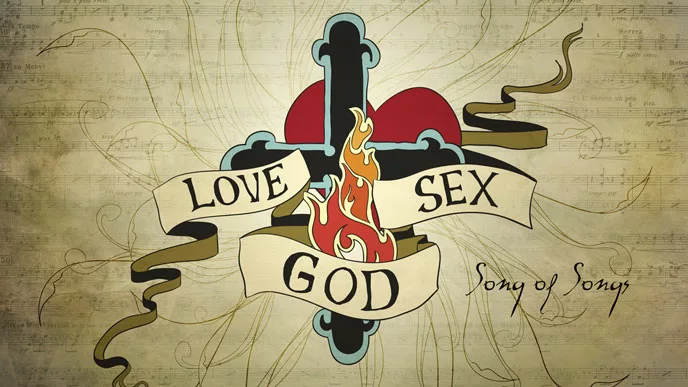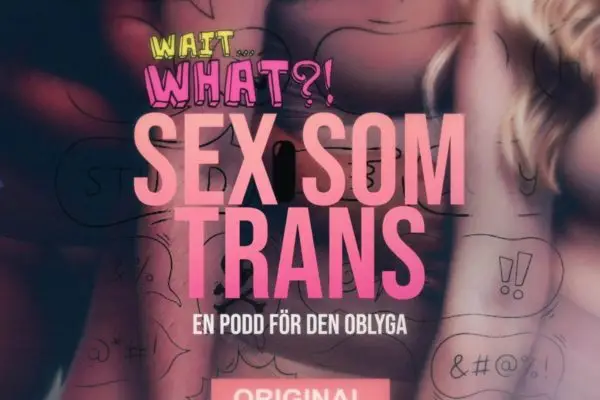
The last couple of days I have spent at Subverting the norm II, a conference about radical theology, postmodernism and the church. It has been three days of deconstruction, radical thought and repentance.
It has been such a privilege and honour to spend three days with some of the greatest theologians involved in this ongoing conversation.
The tile of the conference “Subvert the norm” points to the fact there there is this thing, called “the norm” or normal and that it needs to be subverted. I love the idea of subversion, there is no correlating term in Swedish. So the closest I get to translate the title Subvert the norm to Swedish is normkritik – norm criticism, which of course is not quite the same.
To critique something is to stand on the outside and have an opinion about it, giving the appearance of objectivity, to subvert something is in my oppinion to engage in it and change the rules.
The conference itself was a wonderful gathering of great minds. To explore wether or not post-modernism can live in the church or maybe if the church can survive post-modernism. Here is an excerpt from the subverting the norm webpage:
Can the actually existing churches speak meaningfully and persuasively to those who aren’t so sure about the supernatural or the magical or the metaphysical, which includes the fastest growing religious demographic in North America, the “nones,” those with no formal religious affiliation?
Can the church retain a viable role in a world where God is often viewed as a relic of the past, or as a grand Santa Claus in the sky, or perhaps even as a narcotic or neurosis that we’d do well to get rid of?
And if the churches are to be faithful to the revolutionary event that gave birth to Christianity, or if they are to recover their theological voice in a compelling and transformative way, is it possible to do so by listening to voices on the margins of the church, or outside of the church, including even those who might rightly pass for atheists? And perhaps more to the point, why are voices on the fringes of the church, or outside of the church, becoming more influential on church leaders and practitioners than the traditionally “orthodox” voices inside the churches?
It has been three days of thought provocing, challenging and subverting experiences. With me home I have the strong conviction that if the church is to include post-modern thought and radical theology, then it must transform into a differnt structure than the traditional structures we see today.
Our liturgies must be transformed to allow for a radical liturgy that gives voice to a broader spectrum of human experience than todays often happy clappy evangelical liturgy.
I find that I will need some time to internalise the experience before I can capture it in words, but I want to take the time to thank all of you who made STN2 such a great experience for me. Thank you for your generosity, your hospitality, your humility and your love for a wayward Swede, lost in the bible belt.







Haha. The idea of a wayward Swede lost in the Bible Belt struck me as very funny. 🙂
I’m surprised there isn’t a word that relates to “subvert” in Swedish.
There is the word “omstörtande”, that would be a Swedish equivalent of subversive. And there used to be a related verb (“omstörta”), but I believe it has long since fell out of actual use.
And in any case, even in the adjective use of “omstörtande” it has the built in problem of predominantly negative connotations; Among the synonyms listed in my dictionary are “destructive” and “samhällsfientlig” (literally meaning “hostile to society”, could also be taken to mean “enemy of society”).
It also lack the sense of something that can only be done from under (sub) whatever you are subverting. “Omstörta” could be done from the outside and/or above just the same.
So, I agree, we need something more similar to “subvert” in Swedish!